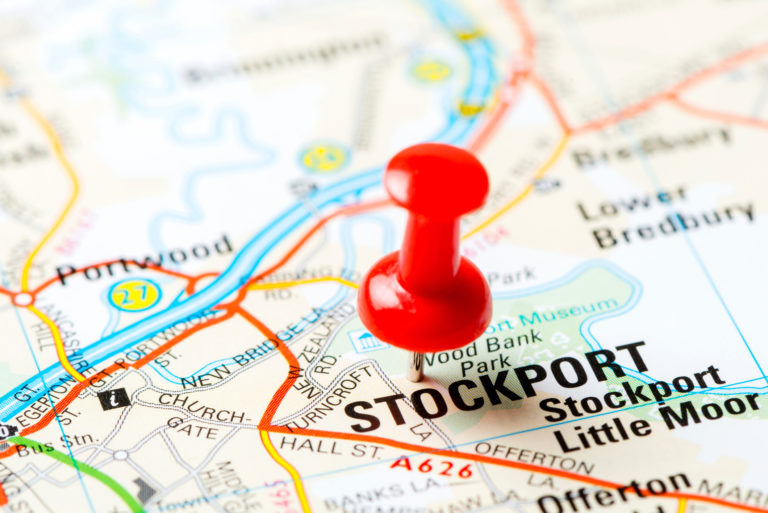Exorbitant property prices in Hong Kong have led many to look elsewhere for their property investments and even emigrate, and this trend could increase as people fear the impact of the extradition bill if it gets passed.
The new extradition bill, which would impact Hong Kong residents and foreign and Chinese nationals travelling through Hong Kong, has caused concern among many. The bill would allow extraditions of suspects to go on trial in China. Protests in Hong Kong have forced the initial legislative debate to be put on pause. It’s unclear whether the bill will be passed, according to an article by Reuters.
Many believe the extradition law would threaten the rule of law that supports Hong Kong’s global financial status, and it could have a damaging impact on the economy. As a result, more residents might move abroad and many investors, especially high net-worth figures, are interested in securing and diversifying assets overseas.
James Dempsey, director of BuyAssociation’s Hong Kong office, stated: “We have witnessed a significant increase in enquiries from Hong Kong-based institutions and the young middle class, alongside permanent resident expatriates exploring investment into the traditionally stable jurisdictions such as the UK. The attractiveness of the UK market is further enhanced by a considerably weaker Pound against the US Dollar and associated pegged currencies like the Hong Kong Dollar.”
Hong Kong investors look to back assets abroad
The Financial Times recently analysed the different reasons why Hong Kong nationals and residents are increasingly investing overseas. Hong Kong’s housing shortage and skyrocketing property prices have caused many to look elsewhere for property. Some residents even rent in the city centre and buy property abroad.
According to social policy group Demographia, Hong Kong has been home to the world’s least affordable property market for the last nine years. Additionally, the City Index Centaline revealed residential property prices have increased there by more than 200% across the past 10 years, causing many buyers to be priced out. Non-residents buying property in Hong Kong are even faced with stamp duty rates between 15% and 30% of the property value purchase.
The government is trying to cool down the burning hot property market as the city is at risk of facing a housing bubble. Banking group UBS revealed in its Global Real Estate Bubble Index for 2018 that Hong Kong had the world’s most overvalued housing market, making it an unappealing city for property investors to buy in.
North of England sees interest from Hong Kong and Chinese investors
Many Hong Kong and Chinese investors are looking to secure property in the UK, which has a track record of being a safe market to invest in. In early 2018, the Chinese government restricted outward investments, but regulations have been relaxed and are making it easier for Chinese buyers to invest back in the UK.
London was once the top international property investment choice, especially for overseas buyers, but as the capital has become low yielding and house price growth is stalling, investors have begun to look elsewhere.
According to a recent article by South China Morning Post, many tourists from Hong Kong and China arrive in London and then visit Manchester and Glasgow. And a large number of them aren’t just tourists but investors looking for property. As people are increasingly leaving London because of high prices, both homeowners and property investors are looking to areas such as north and the Midlands for more affordable house prices and markets with room for further growth.
Manchester remains an attractive city to invest in
Manchester has benefited the most from people leaving London in search of a better value property market, as well as quality of life. Manchester has the UK’s fastest growing economy and even saw its population rise by more than 50% between 2001 and 2011. With this influx of inhabitants, there has been plenty of room for expansion in the housing market as demand remains high.
Manchester Airport has had direct flights to and from Beijing and Hong Kong for some time now. Connecting the Northern Powerhouse to Asia has brought a surge of interest in Manchester’s property market from Chinese and Hong Kong investors. These direct flights have made it easier for potential students, tourists and investors to reach the city, opening up Manchester for further growth and investment.
With this connectivity, Hong Kong nationals and residents are expected to continue buying properties in the north-west of England to secure assets in a safer market with more affordable entry prices. With lucrative yields and house prices that are expected to strengthen alongside impressive levels of local investment, Manchester is likely to continue to be an enticing option for Hong Kong investors, especially as the political climate remains unsettled in the territory.










